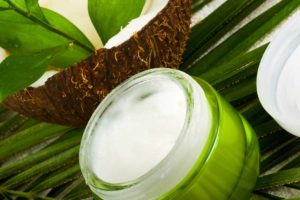The production and accessibility of supplements are a gift of modern-day, but the act of extracting and concentrating plants and natural compounds for their health benefits dates back to six-thousand years ago when the Sumerians left marks of herbal medicines on clay tablets. These ancient tablets recorded the medicinal benefits of over 250 plants including opium, poppy, thyme, licorice, and mustard plant.
When supplements first began to be mass-produced and sold, there were very few restrictions on labeling and on the claims supplement companies were allowed to make. There was a lot of misinformation and lies being perpetrated, and such lies gave way to concepts like “snake oil,” which were products being sold with false promises. Since then, the Food and Drug Administration (FDA) has tightened the reins and included multiple laws to regulate the industry, including guidelines like the current good manufacturing practices (CGMP) for supplements.
These regulations include the fact that a dietary supplement cannot make a disease claim (it cannot suggest that its consumption of it can “cure, treat, or prevent” any disease), technically only a pharmaceutical drug can do so. Although our modern medical system is based on healing through the use of pharmaceutical medicines, many of these patented medications actually have roots in ancestral natural supplements. Aspirin is derived from the Willow Bark tree, and Digoxin (a heart medication) is derived from the Digitalis plant. Indeed, modern pharmacology is based on the wisdom that ancient civilizations have used throughout the millennia.
Modern-day has seen a revival of people’s return to natural supplements as a means to pursue vibrant health, which includes vitamins, minerals, herbal concentrations, and amino acids.






Leave a Reply
Your email is safe with us.